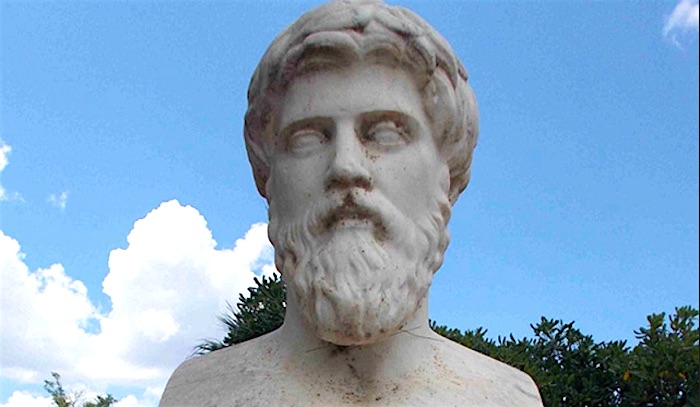“The root of honesty and virtue lies in good education.” This timeless phrase, attributed to the ancient Greek philosopher and historian Plutarch, resonates with profound wisdom even in our modern era. Plutarch, who lived between AD 46 and AD 119, was a renowned moralist whose works have influenced countless generations. His belief in the power of education to cultivate moral character and virtuous living underscores the enduring importance of comprehensive and inclusive educational practices.
Plutarch: A Brief Overview
Plutarch was born in the small town of Chaeronea in Greece and became one of the most influential philosophers and biographers of his time. His works, particularly “Parallel Lives,” which compare the lives of prominent Greeks and Romans, offer rich insights into the moral and ethical dimensions of human behaviour. Plutarch’s philosophy was deeply rooted in the belief that education is fundamental to the development of character and virtue.
The Role of Education in Cultivating Virtue
Plutarch’s assertion that honesty and virtue stem from good education highlights the transformative power of learning. Education, in his view, is not merely about the acquisition of knowledge but about shaping the moral and ethical foundations of individuals. This perspective is particularly relevant today, as we strive to build societies that value equality, diversity, and inclusion.
Education and Its Importance in Promoting Equality, Diversity, and Inclusion
1. Building an Inclusive Curriculum
A good education must reflect the diversity of the society it serves. This means developing curricula that are inclusive of different cultures, histories, and perspectives. By exposing students to a broad range of viewpoints and experiences, education can foster a deeper understanding and appreciation of diversity, thereby promoting inclusivity.
2. Fostering Empathy and Understanding
Education plays a crucial role in developing empathy and understanding. When students learn about the struggles and achievements of diverse groups, they are more likely to develop a sense of empathy and solidarity. This empathetic foundation is essential for cultivating honesty and virtue, as it encourages individuals to act with integrity and respect towards others.
3. Encouraging Critical Thinking
A good education encourages critical thinking and the ability to question assumptions and biases. This critical approach is vital in challenging stereotypes and prejudices, thus promoting a more equitable and just society. By teaching students to think critically, educators help them to become virtuous individuals who value truth and fairness.
4. Providing Role Models
Representation matters in education. Seeing diverse role models in educational materials and among educators themselves can inspire students from all backgrounds to strive for excellence and integrity. These role models serve as living examples of the virtues that education seeks to instil.
5. Creating Safe and Supportive Environments
Educational institutions must be safe and supportive spaces where all students feel valued and respected. This involves implementing policies and practices that prevent discrimination and promote inclusivity. A supportive educational environment enables students to thrive and develop the virtues of honesty and integrity.
Conclusion
Plutarch’s insight that the root of honesty and virtue lies in good education is a powerful reminder of the profound impact that education can have on individuals and society. In our contemporary world, where the values of equality, diversity, and inclusion are more important than ever, this ancient wisdom is particularly pertinent. By committing to inclusive and comprehensive educational practices, we can cultivate a generation of individuals who embody the virtues of honesty and integrity, thereby contributing to a more just and equitable society.
Education, as Plutarch envisioned, is not just about imparting knowledge but about shaping the moral character of individuals. In embracing this holistic view of education, we can ensure that honesty and virtue remain at the core of our educational endeavours, paving the way for a brighter and more inclusive future.
Part III of the Ancient Wisdom Series
Stephen Smith CEO Illuminare Education Ltd, July 15th, 2024

